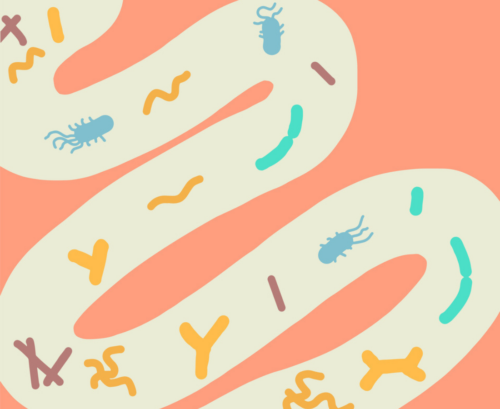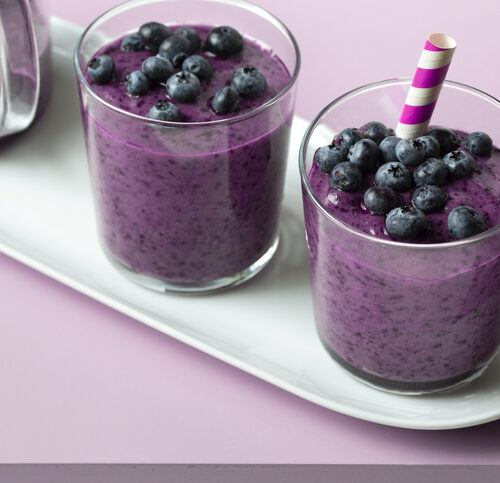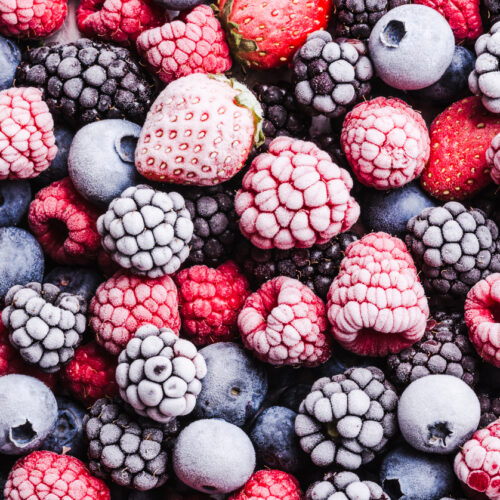
Question:
I’m taking antibiotics and know they can be bad for gut bacteria. Is there anything I could eat to help? Is there any point in taking a probiotic supplement?
Answer:
Yes, antibiotics can negatively affect the balance of bacteria in your gut, but there are definitely ways to support your gut health during and after a course. One of the best things you can do is eat more fibre-rich plant foods. Fibre is fuel for your good gut bacteria, so aim to include a wide variety of fruits, vegetables, whole grains and legumes like lentils and chickpeas, as well as nuts and seeds. The more diverse your plant foods, the better, as this helps feed a wider range of beneficial microbes.
Fermented foods can also be a helpful addition if you enjoy them and tolerate them well. Foods like yoghurt with live cultures, kefir, sauerkraut, kimchi and miso naturally contain live bacteria that may benefit your gut. While not essential, they can complement a fibre-rich diet nicely. Probiotic supplements contain specific strains of beneficial bacteria that can offer health benefits when taken in the right amounts. Some strains have been shown to help reduce the risk of antibiotic-associated diarrhoea. However, research also suggests that probiotics do not prevent the loss of microbiome diversity caused by antibiotics – and in some cases, they may actually delay the natural recovery of the gut microbiome.
Overall, the best approach is to focus on a gut-friendly eating pattern with plenty of plant-based variety, and consider a probiotic supplement if you’re prone to digestive upset. If you’re unsure which product is right for you, a dietitian can help you decide.
www.healthyfood.com









